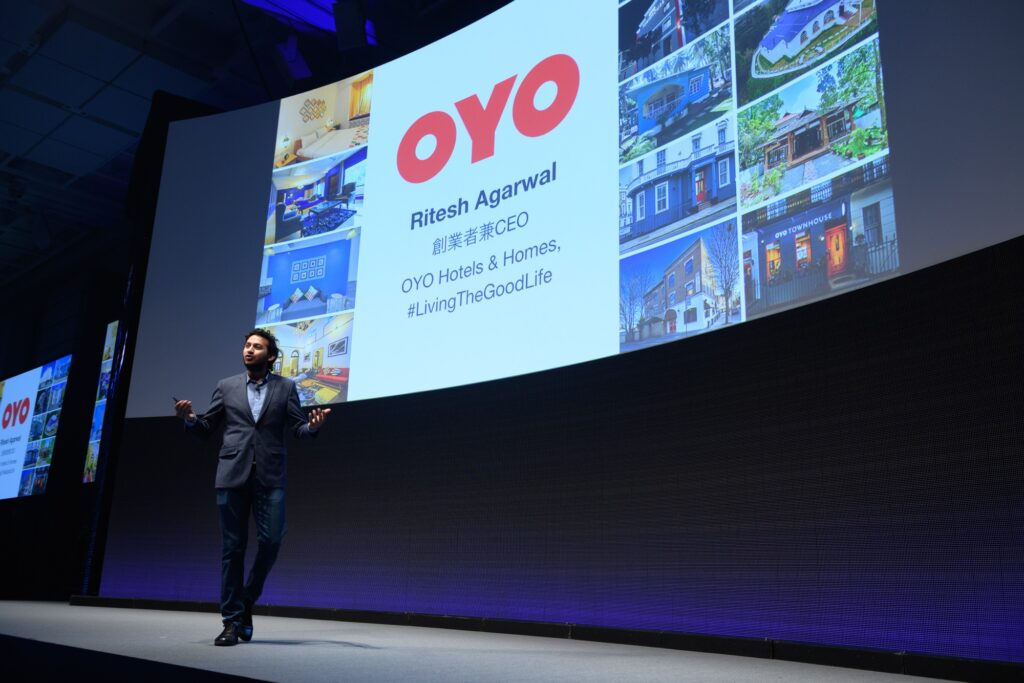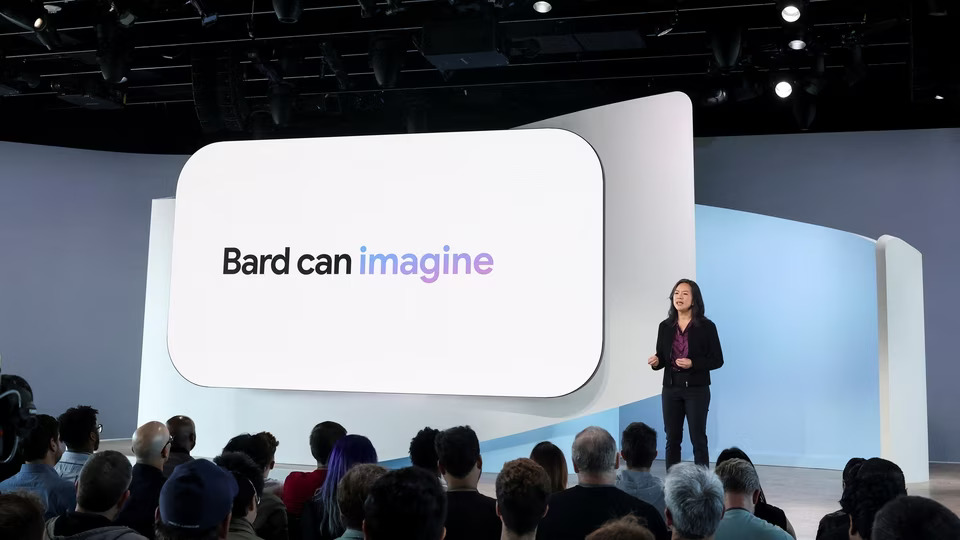Japan to Propose Rules for Generative AI to G7 Leaders: Yomiuri
Prime Minister Fumio Kishida declared Japan’s commitment to spearheading the establishment of international regulations for trustworthy artificial intelligence (AI) during a speech at the annual Science and Technology in Society forum in Kyoto on Sunday.

Highlighting Japan’s leadership, Kishida announced the proposal of the Hiroshima AI Process, a framework designed to address concerns related to generative AI, while holding the chairmanship of the G7 industrialized nations.
“With a view to ensuring trustworthy AI, Japan is now taking the lead in international rule-making on governance and transparency,” stated the prime minister, emphasizing the nation’s pivotal role in shaping the future of AI governance.
The decision to create the Hiroshima AI Process was made during the G7 summit meeting in Hiroshima in May. The G7 leaders aim to formulate international rules regarding generative AI by the year’s end, addressing issues such as the potential spread of false information and infringement of intellectual property rights, including copyrights.
Key areas of discussion during the international rulemaking deliberations will include the establishment of effective regulations across various fields like education, security, and elections. Additionally, preventing the concentration of generative AI development platforms in the hands of a few IT giants, thus avoiding service monopolization, will be a priority.
Prime Minister Kishida expressed his commitment to promoting advanced technologies like generative AI while acknowledging the necessity of addressing the negative social impacts and ethical concerns associated with such innovations. Disinformation, privacy concerns, and copyright protection were specifically mentioned as areas requiring serious attention.
Also Read: Oyo Talks to Apollo for $660 Million Refinance on IPO Delay
In response to rising concerns over disinformation, a new digital technology named Originator Profile has gained attention. This technology enables internet users to verify the credibility of information through digital signatures attached to online content, including news, corporate websites, and advertisements. These digital signatures are authenticated by a third-party organization, providing a potential countermeasure against the proliferation of false information.
As Japan takes the lead in proposing comprehensive rules for generative AI to the G7 leaders, the international community awaits the development of regulations that balance technological advancements with ethical considerations and societal well-being.

I am a law graduate from NLU Lucknow. I have a flair for creative writing and hence in my free time work as a freelance content writer.




